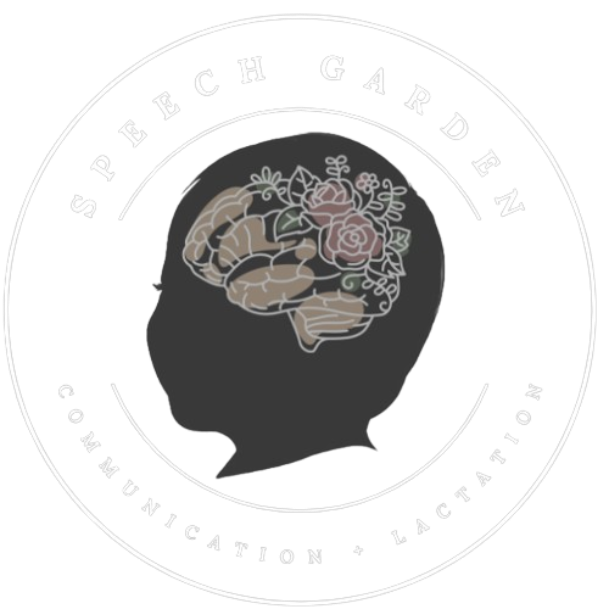Becky’s Top Pick Books for Parents
Uniquely Human: Barry M. Prizant
"Uniquely Human" is a thought-provoking book written by Barry M.
Prizant, Ph.D. that explores autism from a compassionate and inclusive
perspective. The book challenges common misconceptions about autism
and offers insights into the strengths and experiences of individuals
on the autism spectrum.
Through engaging storytelling and personal anecdotes, "Uniquely Human"
highlights the importance of embracing neurodiversity and
understanding autism as a different way of being, rather than a
disorder to be fixed. It emphasizes the significance of recognizing
and valuing the individuality of each person with autism, their unique
abilities, and their potential contributions to society.
The book provides practical strategies and guidance for supporting
individuals with autism in their communication, social interactions,
and daily life. It advocates for fostering meaningful connections,
promoting self-determination, and creating inclusive environments that
celebrate the diverse strengths and perspectives of individuals on the
autism spectrum.
Unmasking Autism: Devon Price
"Unmasking Autism" is a compelling book written by Judy Endow, an
autistic author, advocate, and speaker. The book provides a unique and
personal perspective on autism, challenging common misconceptions and
stereotypes surrounding the condition.
Through her own experiences as an autistic individual, Endow takes
readers on a journey of self-discovery and understanding. She delves
into the intricacies of living with autism, shedding light on the
challenges, strengths, and unique perspectives that come with it.
Endow shares candid insights into the sensory sensitivities,
communication differences, and social experiences faced by individuals
on the autism spectrum.
"Unmasking Autism" promotes a shift in perspective by advocating for
acceptance, accommodation, and support rather than trying to "cure" or
"fix" autistic individuals. It highlights the importance of embracing
neurodiversity and creating inclusive environments that value and
celebrate the diverse ways of thinking and being.
The book also provides practical strategies and suggestions for
understanding and supporting individuals with autism in various
aspects of their lives, such as education, employment, and
relationships. It empowers readers to unmask the potential of autistic
individuals and encourages a society that appreciates and harnesses
the unique strengths and contributions they offer.
Overall, "Unmasking Autism" offers an insightful and empowering
perspective, aiming to increase understanding, acceptance, and support
for autistic individuals while challenging prevailing narratives and
promoting a more inclusive society.
Self-Reg: Dr Stuart Shanker
"Self-Reg: How to Help Your Child (and You) Break the Stress Cycle and
Successfully Engage with Life." In this book, Dr. Shanker explores the
concept of self-regulation and provides practical strategies for
parents and caregivers to support children in managing stress,
emotions, and behavior.
The Out of Sync Child: Carol Stock Kranowitz
"The Out-of-Sync Child" is a well-known book written by Carol Stock
Kranowitz. It focuses on sensory processing disorder (SPD), which
often co-occurs with autism, and provides insights and strategies for
parents, caregivers, and educators to understand and support children
who experience sensory challenges.
The book explores how children with SPD may struggle with sensory
integration, meaning their sensory systems may be over- or
under-responsive to various stimuli. It covers a range of sensory
issues, including sensitivity to touch, sound, taste, and movement.
Kranowitz offers practical advice and activities to help children
regulate their sensory experiences and improve their daily
functioning.
"The Out-of-Sync Child" aims to increase awareness and understanding
of sensory processing differences and their impact on a child's
behavior and development. It empowers parents and caregivers to
advocate for their children and provides a valuable resource for
creating sensory-friendly environments and implementing sensory
strategies.
With its accessible language and practical approach, the book has
become a valuable tool for families, professionals, and individuals
seeking to better understand and support children with sensory
processing challenges.
The Whole Brain Child by Daniel Seigel, M.D. and Tina Payne Bryson, PhD
This book emphasizes the importance of understanding how the brain works in order to support a child's social-emotional well-being, cognitive development, and communication skills.
The authors introduce readers to the concept of the "upstairs" and "downstairs" brain, which represent different regions and functions of the brain. The downstairs brain, responsible for basic survival instincts and emotions, develops earlier in a child's life. The upstairs brain, involved in reasoning, problem-solving, and emotional regulation, develops later. The book explains how these two brain regions interact and how parents can help integrate them effectively to promote optimal brain development.
Drawing on their expertise in neuroscience, Siegel and Bryson provide practical strategies for managing challenging behaviors and helping children develop resilience and self-regulation skills. They offer techniques such as "Name It to Tame It," where children are encouraged to verbalize their emotions, helping them gain better control over their feelings. They also emphasize the importance of fostering secure attachment and connection between parent and child, which creates a supportive environment for communication and overall development.
From an SLP perspective, the book emphasizes the significance of language and communication in a child's development. It highlights the role of parents and caregivers in fostering language skills by engaging in meaningful conversations, utilizing reflective listening, and promoting empathy. The authors stress the importance of using a child's natural curiosity to encourage language development, as well as the value of storytelling and imaginative play in fostering communication skills.
"The Whole-Brain Child" also addresses the impact of stress and trauma on a child's brain and provides strategies for helping children overcome adversity. The authors encourage parents and caregivers to create safe and nurturing environments that promote resilience and support emotional well-being.










